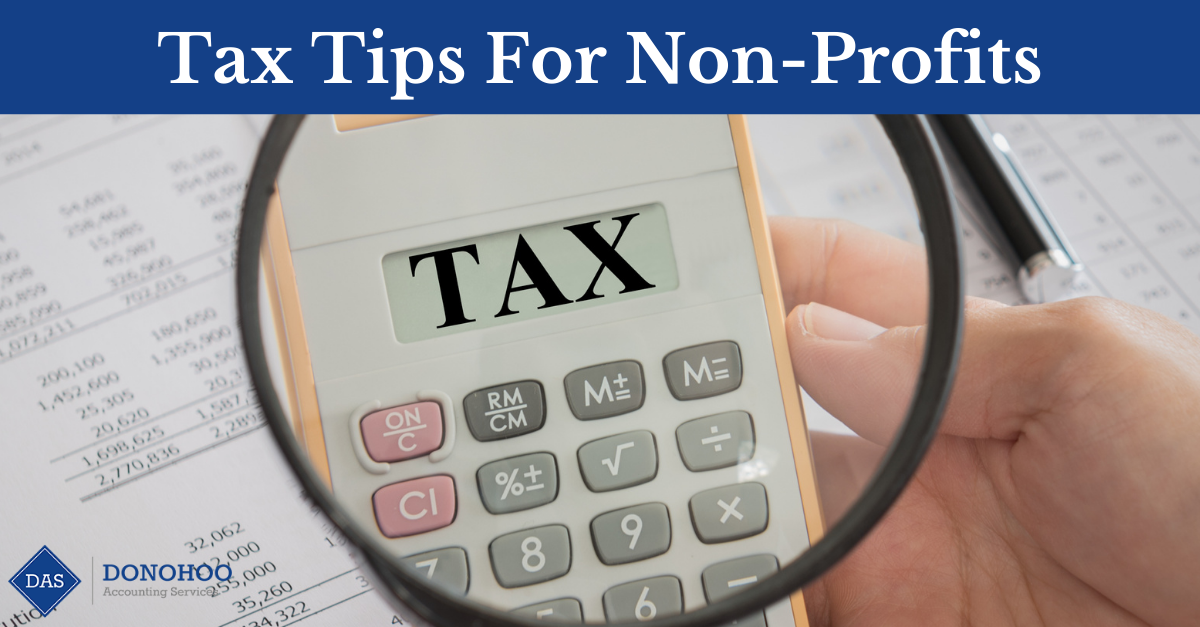2021 Tax Changes For Businesses
Filing taxes for your small business is likely one of your least favorite things about being your own boss. Tax season might be months away, but now is the time to determine if you will need any extensions. Plus, waiting until the week before the deadline might increase your risk of making a mistake and getting unwanted attention from the IRS!
Work-From-Home Related Deductions
Were you working from home for a majority of 2021 due to the pandemic? If so, you might have loved the quick commute from your bedroom to the home office and being able to spend more time in comfortable clothes.
You may be eligible for a home office deduction, adding extra money to your pocket. A home office deduction is usually reserved for those who are not employed by a company that provides a W2, but if you’re self-employed or an independent contractor, it might be worth looking into, as it could save you hundreds of dollars.
Paycheck Protection Program Loans
In 2020, the Coronavirus Aid, Relief, and Economic Security (CARES) Act helped small business owners keep their heads above water during shutdowns, layoffs, and COVID surges by offering Paycheck Protection Program (PPP) loans.
These loans were used on business expenses like payroll, mortgages, utilities, rent, but became effectively exhausted in May 2021. Were you one of the business owners who were eligible and received loans in the first part of 2021? If you’re looking into having your loans forgiven, you must submit a loan forgiveness application and have it approved by the Small Business Administration.
Charitable Donation Deductions
2021 has been a hard year for us all as we worked to recover as a nation in the midst of a pandemic. Many non-profits and shelters found themselves in dire need of supplies to help feed and clothe those who were laid off or struggling to make ends meet.
Did your restaurant or food-related business donate to food banks or shelters during 2021 to help feed others in need? If so, you may qualify for an increased deduction limit on your 2021 taxes if you meet certain requirements outlined by the IRS.
Donohoo Can Handle Your Taxes
Donohoo Accounting Services is here to help make tax season easy for your small business by finding every tax deduction you are entitled to, saving you time that can be spent focusing on keeping your business running.
We have been filing tax returns for small businesses in the Greater Cincinnati area and beyond for more than 20 years, and our team is well versed in tax laws and rules, saving you time and money. Contact us today to schedule your free consultation! For more tips and our latest updates, check us out on Facebook, Twitter or LinkedIn!








